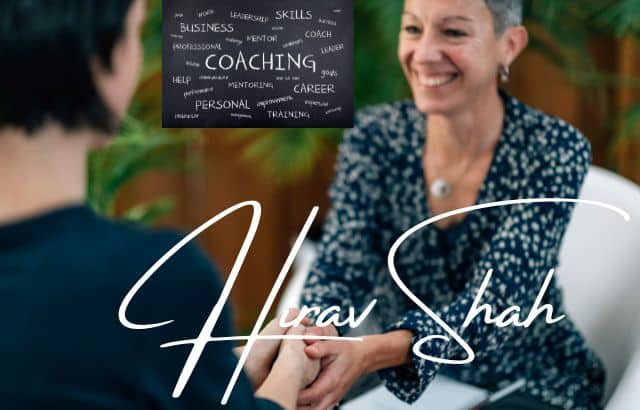In the intricate dance of love, disagreements are not merely roadblocks; they are stepping stones towards profound connection and understanding. Relationships, like any other aspect of life, are bound to encounter conflicts. The true art lies in how couples navigate through these disagreements, turning them into opportunities for growth and fortifying the very foundation of their bond.
Table of Contents
Embracing the Inevitability of Disagreements:

One of the fundamental truths of relationships is that disagreements are not signs of failure but rather reflections of individuality. Each partner brings a unique perspective, shaped by experiences, values, and emotions. Understanding and accepting this inevitability is the first brushstroke in the canvas of mindful disagreement.
The Power of Effective Communication:

Arguments, when approached mindfully, become channels for effective communication. Rather than seeing them as threats, couples can view disagreements as opportunities to express their feelings, needs, and desires. The key lies in articulating thoughts with clarity, avoiding blame, and fostering an environment where both voices are heard.
Emphasizing Compromise and Flexibility:

Mindful disagreement is not a battleground for winners and losers but a space for compromise and flexibility. It’s about finding common ground where both partners feel heard and respected. Successful couples understand that compromise is not a sign of weakness but a testament to the strength of their commitment to each other.
The Art of Active Listening:

In the cacophony of conflicting opinions, active listening emerges as a soothing melody. Hirav Shah suggests that truly understanding your partner’s perspective requires more than just hearing; it demands active engagement. Give your partner the gift of your undivided attention, validating their feelings and thoughts, fostering a sense of emotional connection.
Turning Conflicts into Opportunities for Growth:

The beauty of mindful disagreement lies in its transformative potential. Rather than viewing conflicts as threats to the relationship, couples can see them as catalysts for personal and relational growth. Each argument, when approached with mindfulness, becomes a mirror reflecting areas for improvement and development.
Conclusion:

In the hands of mindful individuals, disagreements cease to be destructive forces; instead, they become sculptors of enduring love and connection. As Hirav Shah emphasizes, the art of disagreement is not about avoiding conflicts but about navigating them with grace, understanding, and a shared commitment to growth. In the tapestry of a relationship, the threads of mindful disagreement weave a narrative of resilience, depth, and unwavering love.










